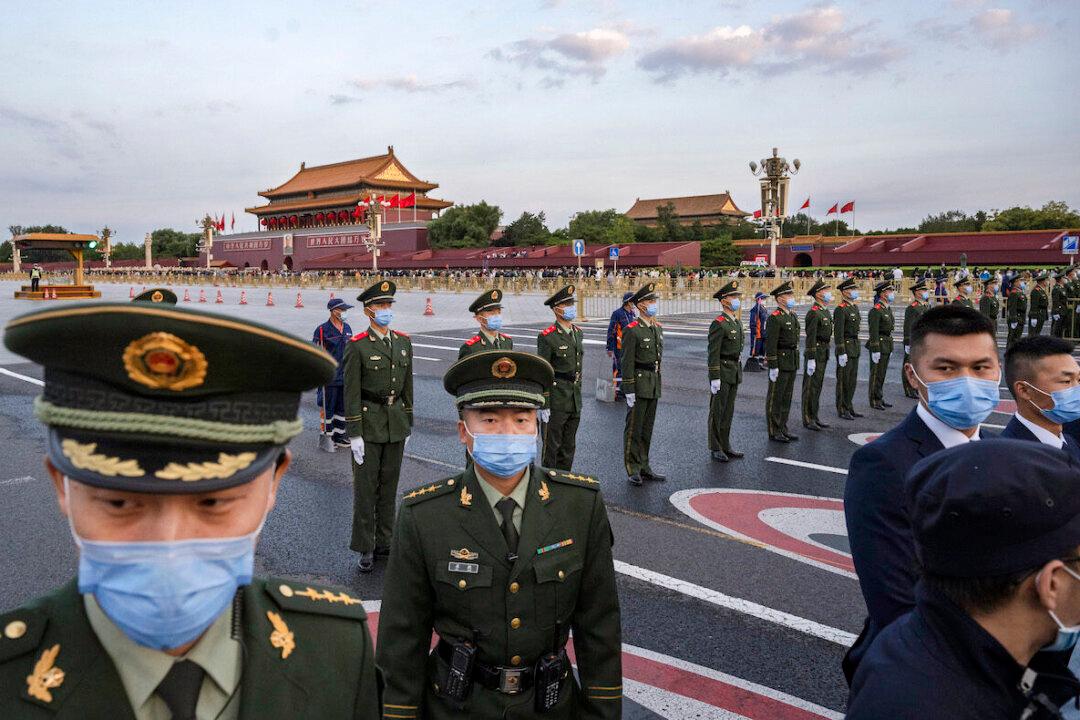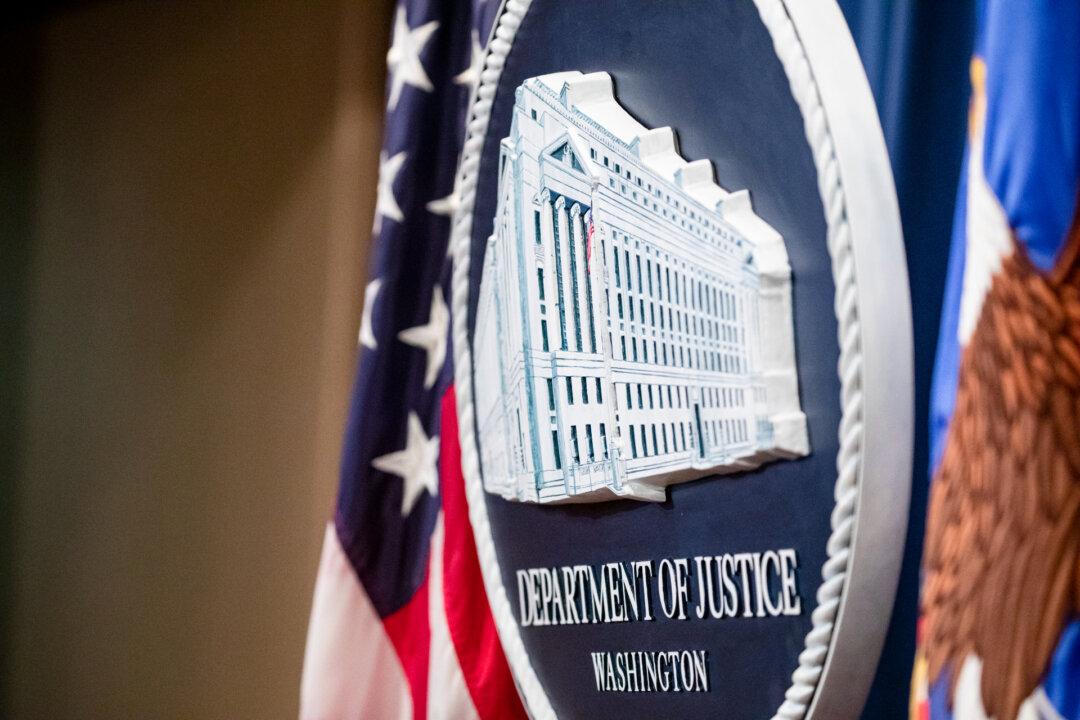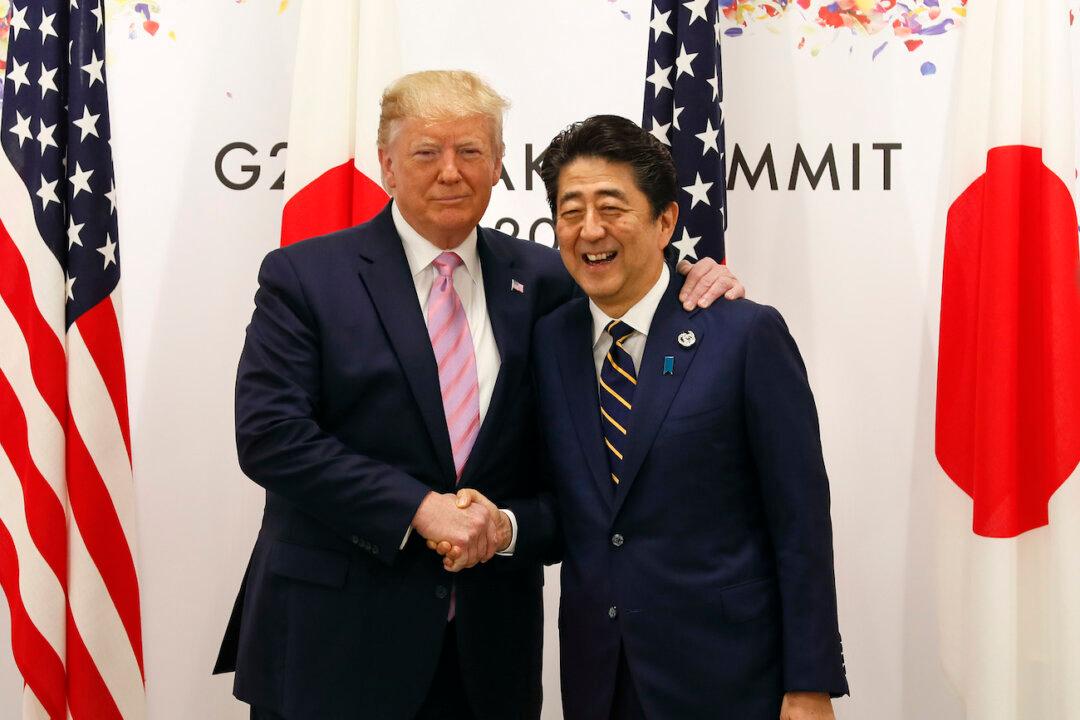Beijing says citizens who report breaches of the national security law may win a certificate of recognition or a monetary reward ranging from 10,000 yuan (about $1,500) to over 100,000 yuan (about $15,000), depending on the value of the tip-off.
On June 6, the Ministry of State Security announced in an official paper its new rules for rewarding people who report witnessing acts of “endangering national security.”





